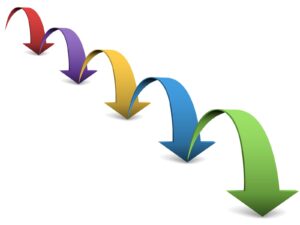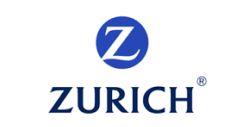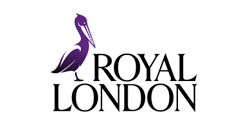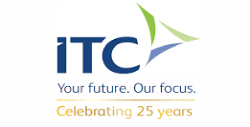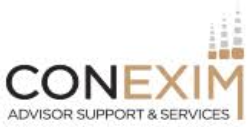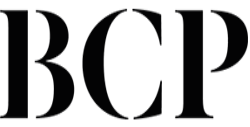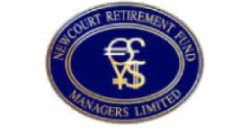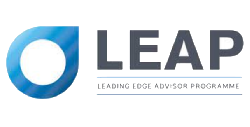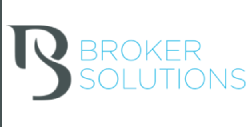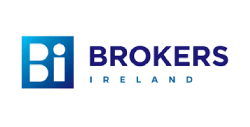The world of mortgages can be daunting, especially for first-time homebuyers. Mortgage professionals use specific terms and acronyms that are specialised in their field.
In this blog, we’ll discuss the mortgage dynamics and provide you with a quick reference to all the essential mortgage terms you need to know. Whether you’re a seasoned homeowner or a newbie entering the real estate market, this guide will empower you to make informed decisions about your home financing.
Why Is It Necessary To Understand The Mortgage Terms?
whether you’re a first-time homebuyer or a seasoned homeowner, Understanding financial terms are vital for several reasons.
Here are some of the reasons why it’s necessary to understand the mortgage protection terms.
Informed Decision-Making:
The knowledge of these terms empowers you to make informed decisions about significant financial commitments because you will be able to understand everything effectively. This helps you choose the right mortgage product that aligns with your financial goals and consequences.
Avoiding Pitfalls:
Mortgages come with various fees, terms, and potential pitfalls. Understanding mortgage terminology helps you recognise and avoid costly mistakes, such as selecting a mortgage product with hidden fees or unfavourable terms.
Effective Budgeting:
Mortgages directly impact your monthly budget. By understanding terms like interest rates, principal, and amortisation, you can accurately budget your mortgage payments and plan for other financial goals at the same time effectively.
Negotiating with Lenders:
Knowing the mortgage terms gives you the confidence to negotiate with lenders. Whether you’re seeking better loan terms, lower interest rates, or reduced fees, having a solid grasp of the terminology strengthens your bargaining position.
Avoiding Scams and Fraud:
Knowing mortgage and financial terms helps you recognise and protect yourself from fraudulent or predatory lending practices. It allows for the recognition of warning signs and the pursuit of trustworthy lenders.
Financial Planning:
Mortgages are a long-term commitment and play a significant role in your overall financial plan. Understanding mortgage lets you align your homeownership goals with your broader financial objectives.
Building Equity:
Understanding terms related to home equity, such as loan-to-value ratio, enables you to track how your home’s value evolves. This knowledge can guide decisions related to home improvements, refinancing, or selling your property.
Meanwhile, understanding financial terms is crucial to taking control of your mortgage, rather than letting it control you, and sets you on the path to financial success and security. Understanding these terms will also help you avoid refusal on your mortgage plan.
An In-depth Overview of All the Essential Mortgage Terms You Must Know
To navigate the world of mortgages effectively, it’s crucial to familiarise yourself with essential mortgage terms.
Here’s a list of all the key terms you must know.
Mortgage:
A loan that you take out from a lender to purchase a property. You will repay the loan over some time, typically 15 to 35 years, plus interest.
Interest rate:
The percentage of the loan you pay to the lender each year. Many factors, including your credit score, the loan amount, and the current economic conditions, determine the interest rate.
Principal:
The amount of money you borrow from the lender, excluding interest and fees.
Term:
The amount of time you have to repay the loan. The most common mortgage term is 15 years, and the longest mortgage term is 35 years.
Amortization:
The process of paying off a loan over time by making regular payments that include both principal and interest.
Repayment mortgage:
A type of mortgage protection where your monthly amount goes towards the principal and the interest. At the end of the term, you will have paid off the entire loan and owned the property outright.
Interest-only mortgage:
A type of mortgage where your monthly premiums only cover the interest on the loan. You will only pay off any principal at the end of the term when you must pay off the entire loan balance in full.
Fixed-rate mortgage:
A mortgage plan where the interest rate remains the same for the entire loan term.
Variable-rate mortgage:
A type of mortgage where the interest rate can fluctuate over time.
Down payment:
The money you pay beforehand when purchasing a property. The down payment is usually a percentage of the purchase price and is used to reduce the money you need to borrow.
Loan-to-value ratio (LTV):
The loan amount ratio to the property’s purchase price. LTV measures the risk involved in the loan for the lender. A higher LTV means that the lender is taking on more risk and may charge a little higher interest rate or require a larger down payment.
Approval in principle (AIP):
A letter from a lender indicating the amount of money they will lend you based on a preliminary review of your financial information. An AIP is not a guarantee of approval, but it is a good way to get an idea of how much you can afford to borrow before you start thinking of shopping for a home.
Closing costs:
The fees that you pay to complete the purchase of a property. Closing costs include appraisal fees, title insurance, and attorney fees.
Navigating the world of mortgages doesn’t have to be intimidating. With this quick and comprehensive guide to all the significant mortgage terms, you now have an improved understanding. Whether you’re preparing to buy your first home, refinance an existing mortgage, or simply want to expand your financial literacy, this guide equips you with the knowledge you need to make informed decisions and achieve your homeownership goals.
If you are looking for financial planning Ireland, Clever Money is a reputable name. Our agents can fully design a well-executing and affordable mortgage plan for you and your family.
To get started and get a consultation, visit our website now!
FAQs
Why is mortgage protection beneficial to you?
A mortgage plan provides the security of covering the remaining home loan in case of the policyholder’s untimely death. This ensures that the family can maintain home ownership without the financial burden of unpaid mortgage debt.
What is the longest mortgage term in Ireland?
The longest term in Ireland typically extends up to 35 years. It will give you complete freedom to plan your future goals efficiently.
Is a mortgage the same as a loan?
A mortgage is a special type of loan you use to buy a house. When you get a mortgage, you promise to give something valuable, like your house, to the bank if you can’t repay the loan.

